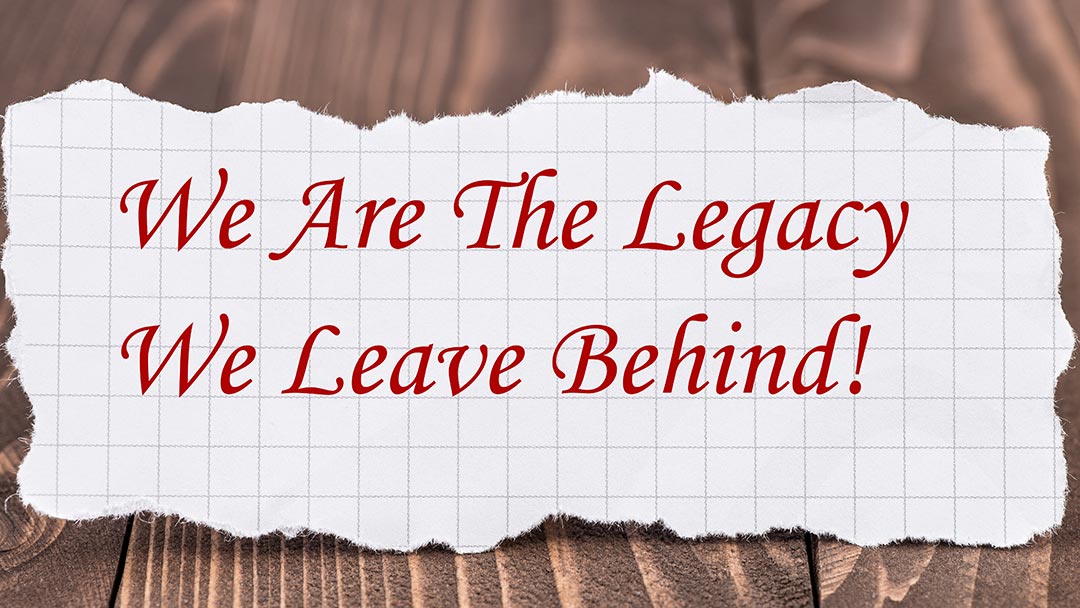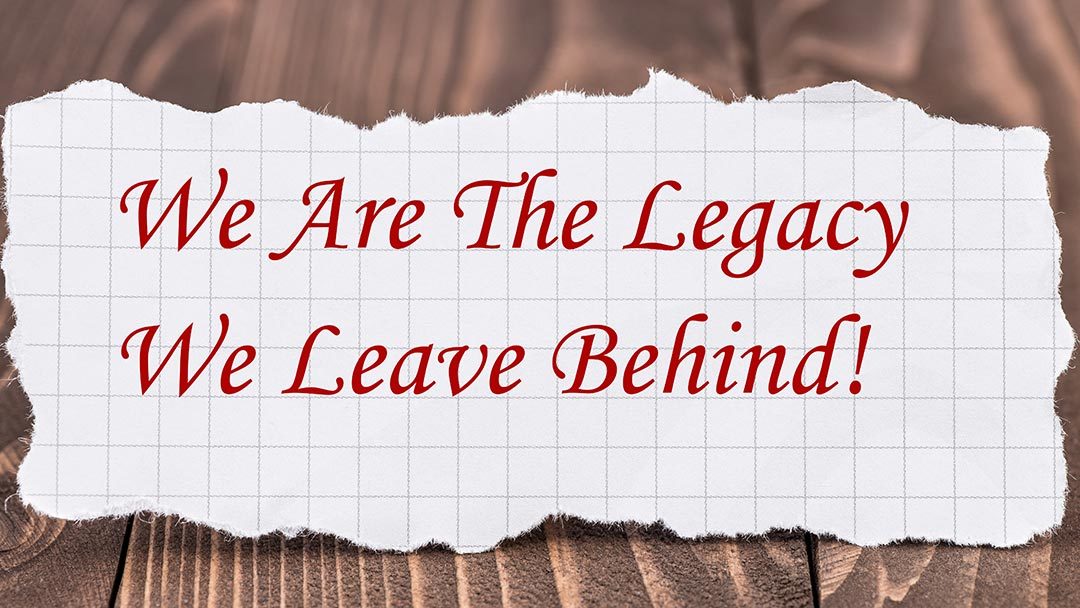Legacies, Ethical Wills and the Farewell Email

My work, including estate planning, thinking about digital assets, and community education has me thinking alot lately about different kinds of legacies.
In estate planning and in the dictionary, a person’s legacy is defined by the personal property and real property that a person leaves behind when they die. I think that is a very narrow definition of legacy, which is a concept that has been around for years.
First, I think we leave legacies in our wake every time we make big changes in our life, not only when we die. For example, we leave a legacy of sorts when we change jobs or career focus. We also leave a mini or micro legacy when we move our family and social life from one community to the next.
Second, I think that the importance of what we leave in our wake, when we make a change or when we die, is more vast than our property. This is a historical concept captured in the ancient tradition of the ethical will – which is a letter that shares personal values and instructions for those one leaves behind.
I see a resurgence of the ethical will right here in Silicon Valley in the tradition of the Farewell Email sent to a person’s teammates when they leave a position that they have been fully dedicated to for years. The writers don’t just send them to their teams, they often also post them for a wider audience. If you want to read a few, just go to Medium and search: “farewell”. They can be quite addicting, especially if you’ve been known to serial watch or read commencement speeches this time of year.
Do you see micro-legacies or modern ethical wills in other parts of your life? Are ethical wills more or less important to you than a will or trust that will convey your tangible property?
More Resources on Ethical Wills:
Recent Articles
What is a Digital Asset?
Do you own your Flickr photos? What about the ones you have on Instagram? Can you pass them on to someone when you die? Should you be able to pass on the license of Photoshop you purchased? Access to your Instagram account? I think you should be able to, but right now...
In the Age of Access by Password, Are Post Death Asset Transfers Really THAT Important?
Today many people access most of their accounts - bank accounts, credit card accounts, investment accounts, mortgage accounts - and more online via password access. Many professionals advise that in planning for incapacity or death, that folks should keep a list of...
Estate Planning – Questions Answered
Welcome Jennifer Cowan to my blog. Enjoy her review of basic estate planning questions, and learn more about her work at the bottom of the article. Estate Planning Part I: Why Do You Need It? When people find out that I am an Estate Planning attorney I sometimes hear...




0 Comments